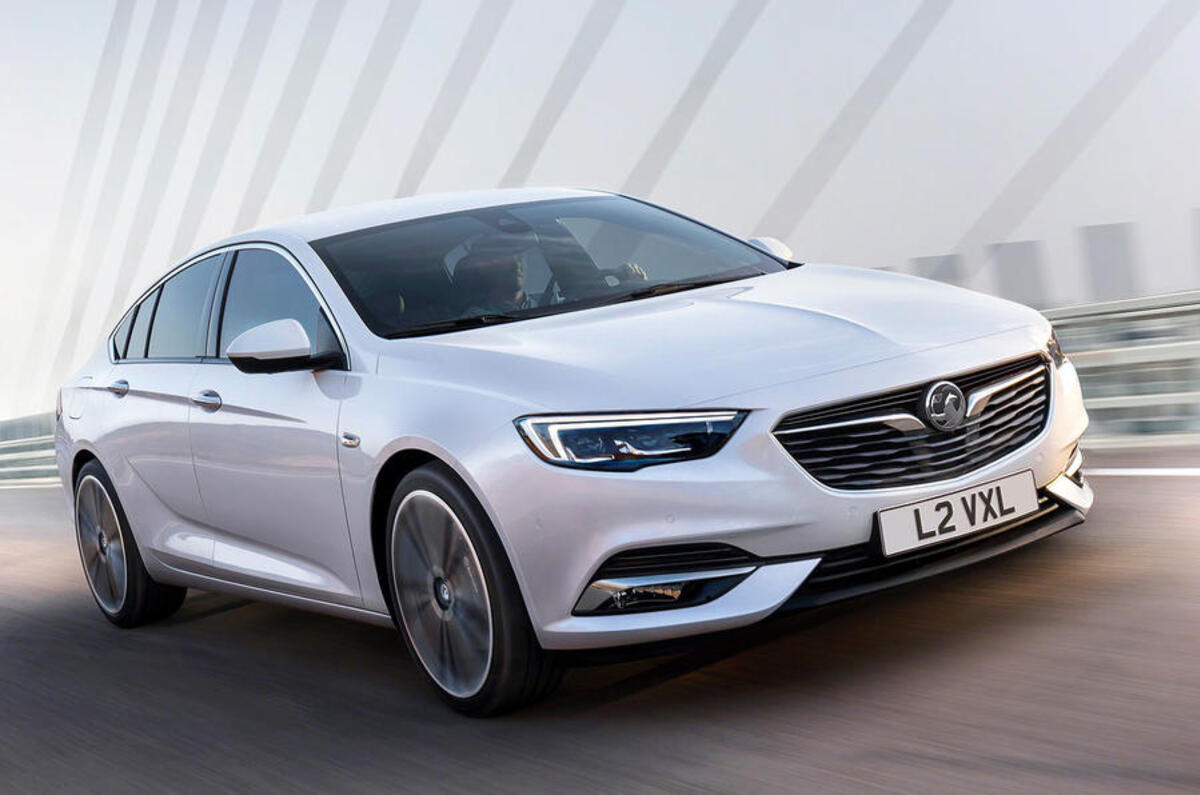The likes of Vauxhall, Ford and Volkswagen must increase the appeal of their large family cars or risk being squeezed out of the sector by premium brands, according to the product marketing boss at Opel, Andreas Marx.
Sales of D-segment cars such as the Insignia, Ford Mondeo and Volkswagen Passat have plummeted in recent years, as buyers have downsized, moved to more popular SUV body styles or switched to premium models such as the Audi A4, BMW 3 Series and Mercedes C-Class, many of which are as cheap as their mass-market rivals to lease due to their better residual values.
In 2016 Passat sales in Europe fell 9%, Insignia sales 17% and Mondeo sales 11%. Of Europe’s top ten sellers in the segment, the only models to improve their sales were the Skoda Superb (up 70%), Renault Talisman (up 1783%) and Kia Optima (up 192%).
Marx said: “The premium sellers have encroached and they are trying to eat our lunch, but the fact is that these traditional segments are still big enough for us, and they will survive so long as we offer cars that are compelling.
“The new Insignia shows how we are trying to compete through innovation and technology – there is no reason to shy away from the battle, because we can offer everything our rivals do and more, for a better price.”
Marx cited the Insignia’s matrix headlights, ergonomic seats and OnStar telematics system as areas in which Vauxhall/Opel had fought back: “In terms of comfort, safety and technology we are very well advanced. There is work to do on perception.”
Marx also highlighted Vauxhall’s new ‘Exclusive’ personalisation offering as another example of how the firm was adapting. Via the scheme, buyers can customise their car’s paint colour beyond the standard options, as well as choosing different fabrics and seat and wheel types.
“These ideas might not be for every budget, but they demonstrate how a Vauxhall or Opel can be a desirable halo product. What you want, you can get – it’s not a trim level, but a customisation option,” said Marx.
Comment: People prefer premium car makers
Plenty of people would rather spend money on an upmarket car than other areas of their life. That’s why premium executive cars have flourished, helped by finance deals that have brought such cars to within reach for many more car buyers.
The Mercedes C-Class was Britain’s third bestselling car in April – a quite remarkable feat, especially when you consider none of its rivals were in the top 10.
The Insignia’s price and rear leg room might eclipse those of premium rivals, but on every other front, it’s got a major fight on its hands.




Join the debate
Add your comment
Finance changed everything
It wouldn't surprise me at all if the premium manufacturers perceive this as an opportunity to raise their prices over coming years. They are probably vain enough to think that they should be more expensive, and if they do that, perhaps there will be less sales conquests from mainstream rivals. However, the whole market appears to be headed towards SUVs anyway, so as far as conventional large saloons goes, it's moot.
The traditional D segment,
Then private buyers, the C segment has grown such that they are as big as a D segment saloon/hatch used to be - private buyers may find that an Astra or Focus has all the space they'll ever need.
Private buyers who do want something bigger are no longer taking the traditional path of buying bigger, but rather taller, as C segment-footpring SUV/crossovers are absolutely booming. Manufacturers such as Nissan and Honda axed their large cars to make room for such vehicles.